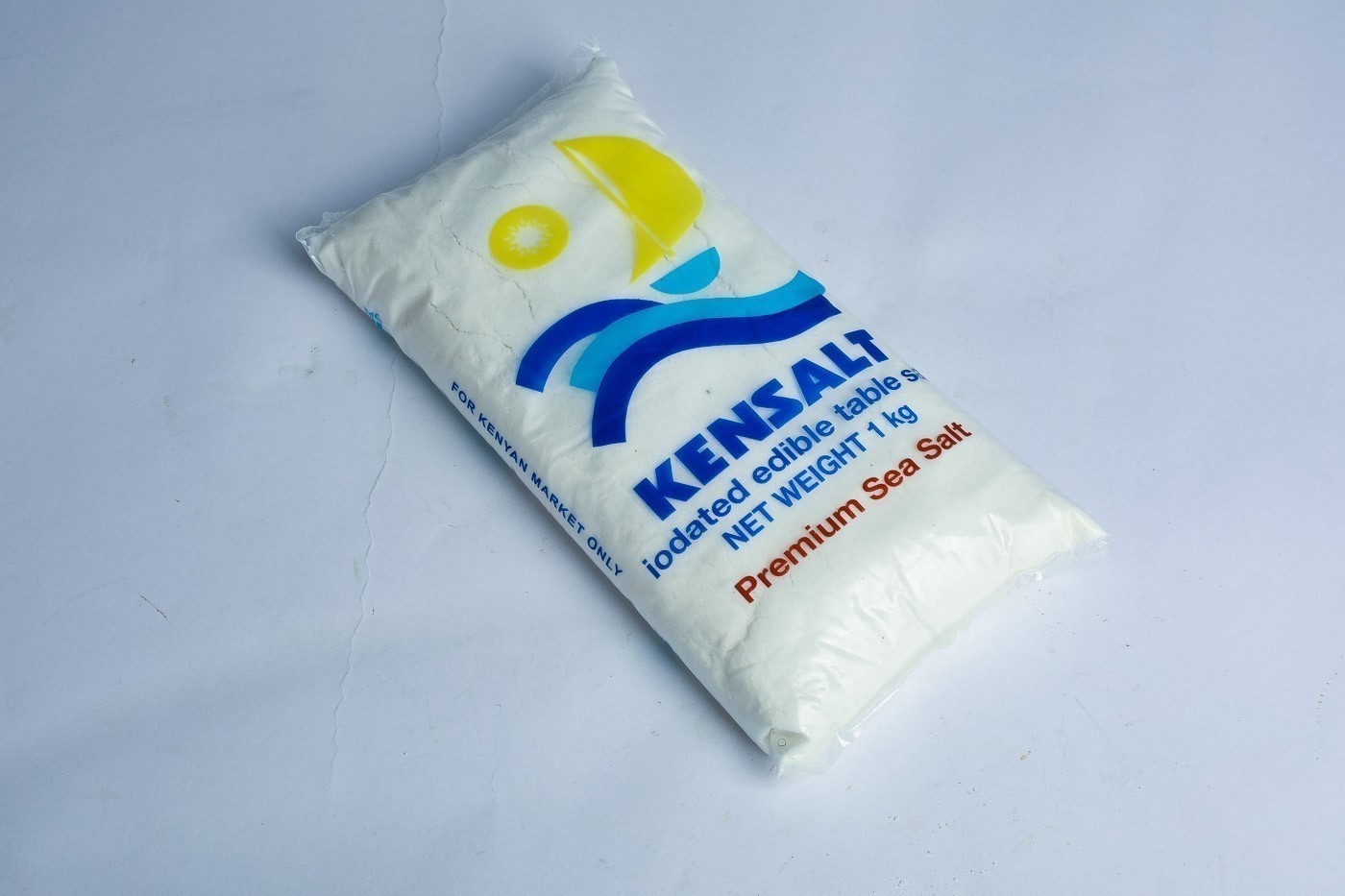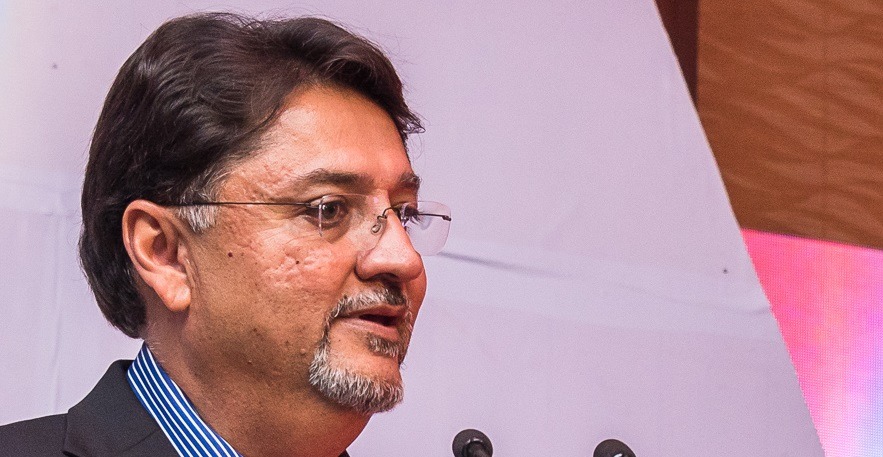Salt. It’s often looked at in Kenyan households as the one item that’s immune to inflation, with its price barely ever changing. But now, the price of salt is set to rise as market leader KenSalt faces increasingly high production costs.
In a letter to its distributors, KenSalt Managing Director Arpan B. Roy confirmed the price increase.
“We wish to inform you that due to a continuous rise in the cost of production, we have been forced to increase our prices by Kes 1000 per ton plus VAT with effect from 15th April, 2023,” he shared.
“The price increase was necessary in order to continue supplying you with salt without fail,” Roy added.
Prices of key food commodities including maize flour have been on the rise, hitting Kenyans’ pockets hard. The annual inflation rate in Kenya was at a three-month high of 9.2% in March 2023, unchanged from February. With the salt price increase likely to be passed onto consumers, Kenyans’ pockets are set to be dented further.
READ>Peter Burugu: Meet Beer Billionaire Supplying Nairobi’s Drinkers
KenSalt is one of the largest salt producers in East Africa, and claims to be the second largest on the continent. Its annual output is estimated to be over one million tons.
The company is based in Malindi and owned by the wealthy Patel family. It runs a large salt field near Malindi, around 132 km from Mombasa, sitting on approximately 2000 hectares of land leased from the Kenyan government.
The company has previously been estimated to control 75 percent of the salt market in Kenya and 50 percent in neighbouring Uganda.
It was established by Mansukh Patel, an industrialist with a wide range of investments in the manufacturing sector. He owns the Solai Group of Companies- which includes Kensalt Limited and Solai Coffee Estates, which produces flowers, macadamia and coffee among other agricultural and horticultural products.
NEXT>Zimele: David Ndii’s Multi-Million Wealth Management Business










Leave a comment